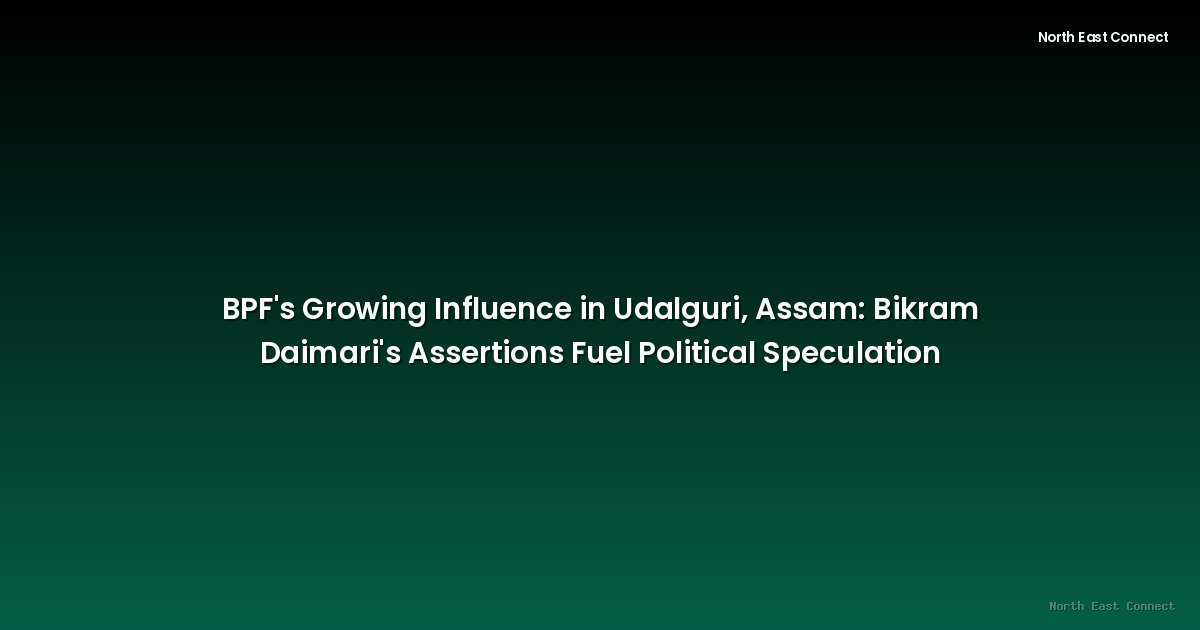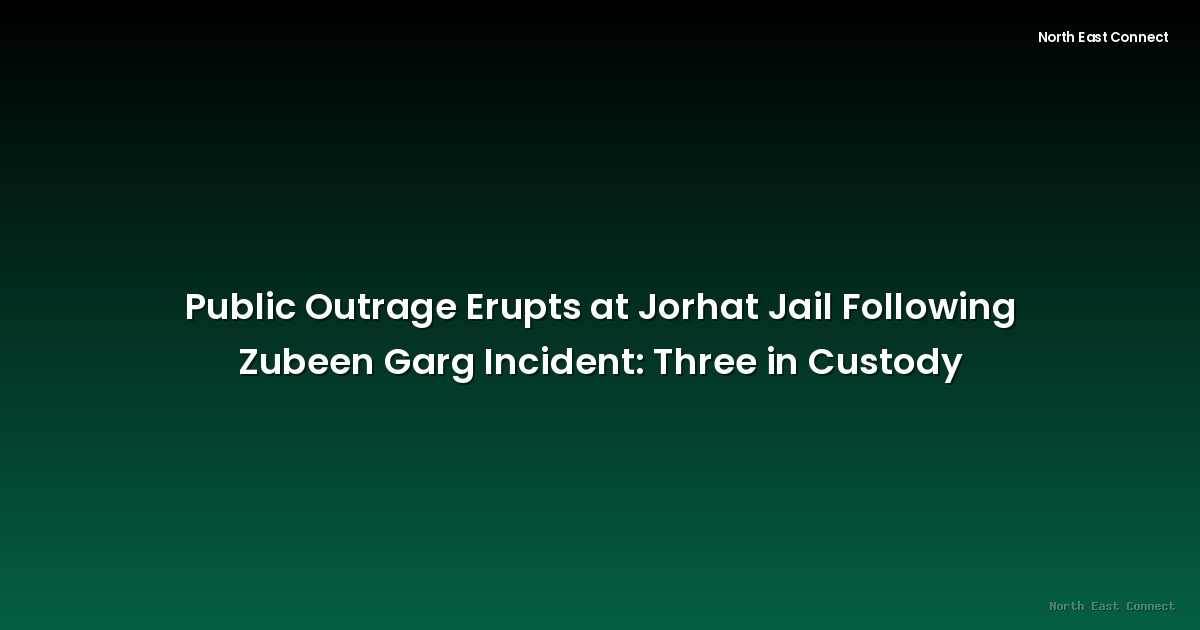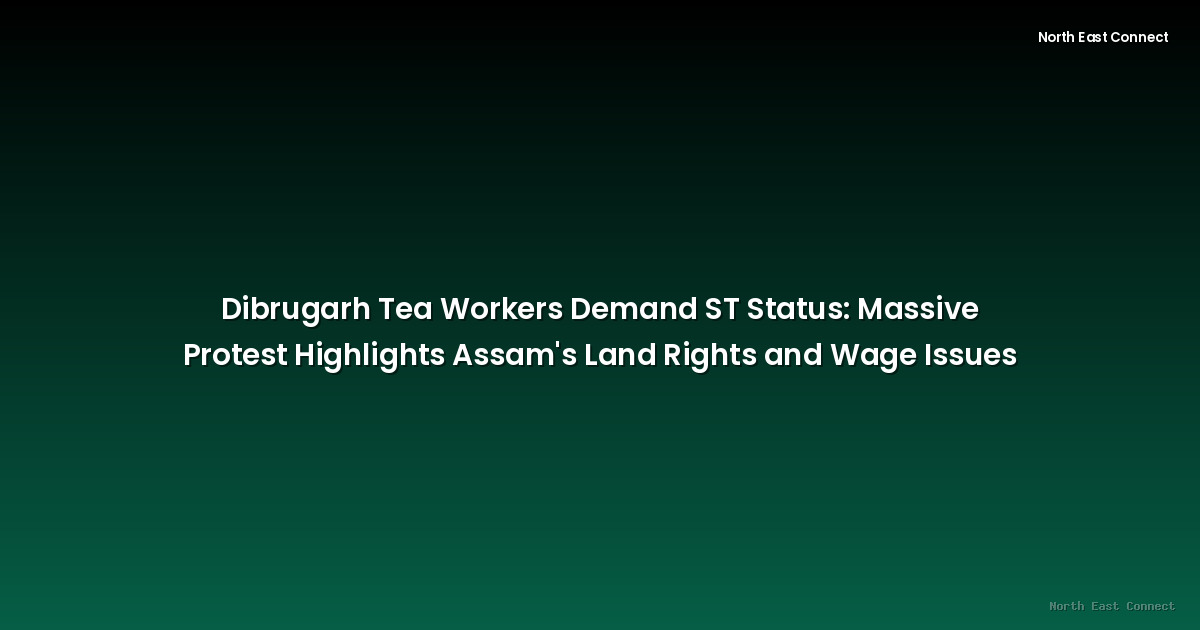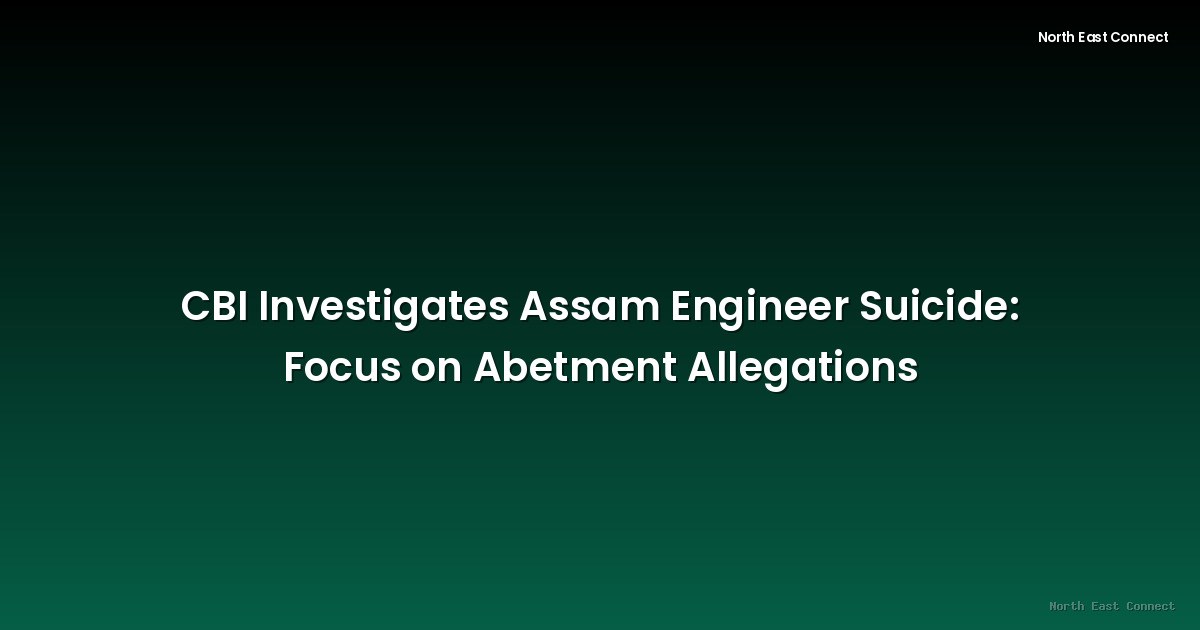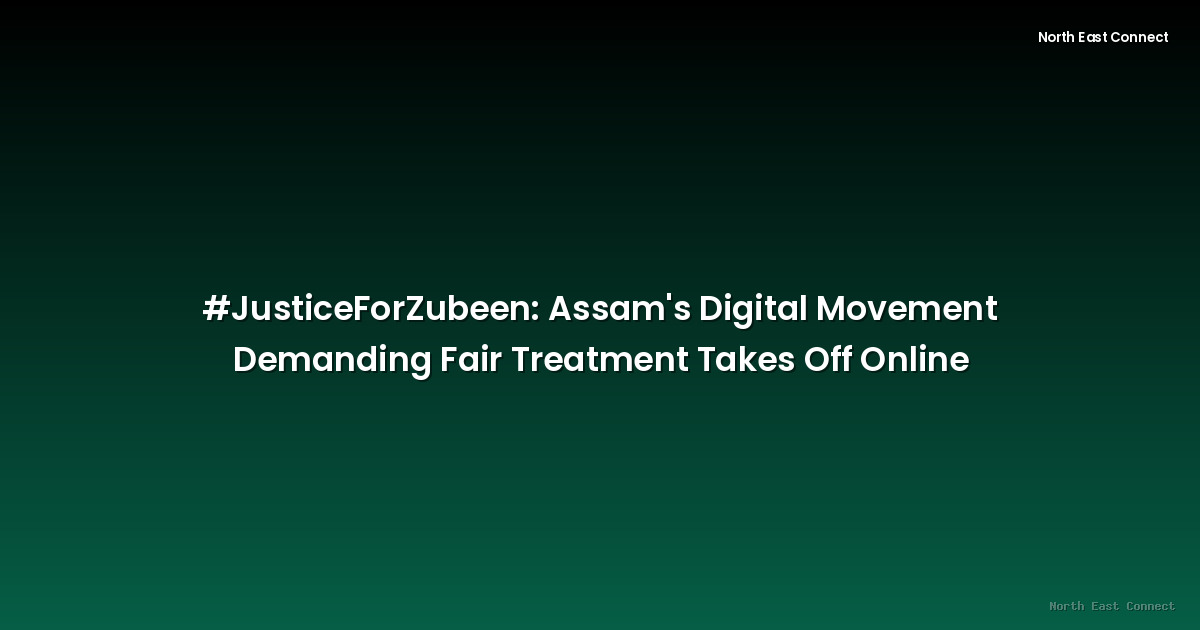2025-08-25 · News
The Bodoland Peoples Front (BPF), a significant political force in Assam's Bodoland Territorial Region (BTR), has seen a recent assertion of its growing influence in the Udalguri district. This claim, made by prominent BPF leader Bikram Daimari, is generating considerable political buzz in the region, particularly given the proximity to potential upcoming elections.
Daimari's statements highlight a perceived strengthening of the BPF's grassroots support and organizational capacity within Udalguri. While specific details regarding the evidence for this claim remain somewhat limited in publicly available information, the assertion itself is notable. It suggests a strategic focus by the BPF on expanding its reach beyond its traditional strongholds within the BTR. Udalguri, bordering the BTR, represents a key area for expansion given its demographic composition and proximity to BTR's core constituencies.
The political implications of a strengthened BPF presence in Udalguri are multifaceted. Firstly, it could significantly impact the electoral landscape in the district during the next assembly elections. A more robust BPF presence would likely challenge existing power structures and potentially alter the dynamics of alliance-building among various political parties vying for influence in the region.
Secondly, Daimari's assertion speaks to a broader trend within Assamese politics. The BPF's activities indicate a potential shift in regional political alignments and a possible reshaping of the existing power dynamics. Analyzing the context of these claims requires understanding the internal dynamics within the BPF itself, the relationship between the BPF and other regional parties, and the overall political climate within Assam.
Further investigation is needed to fully assess the validity of Daimari's claims. Independent verification of the BPF's increased support base in Udalguri, including data on membership growth, voter surveys and participation in local events, would offer a clearer picture of the situation. However, regardless of the precise level of increased influence, the mere assertion underscores the evolving political scene in Udalguri and its surrounding areas.
The BPF's potential growth in Udalguri also has implications for development initiatives in the region. The party's political agenda and priorities may influence policy decisions concerning infrastructure, education, and economic development if it gains significant electoral success in the area. The potential impact of this shift in power would be a significant factor to consider in future local development strategies.
In conclusion, Bikram Daimari’s assertions regarding the BPF's strengthened position in Udalguri merit close attention. Whether or not the claims fully reflect reality, the statement highlights a changing political landscape in the region and is bound to have implications for upcoming elections and overall regional development. Further scrutiny and analysis are necessary to fully understand the extent of the BPF’s growing influence and its potential consequences for the future of Udalguri and Assam's political dynamics.

